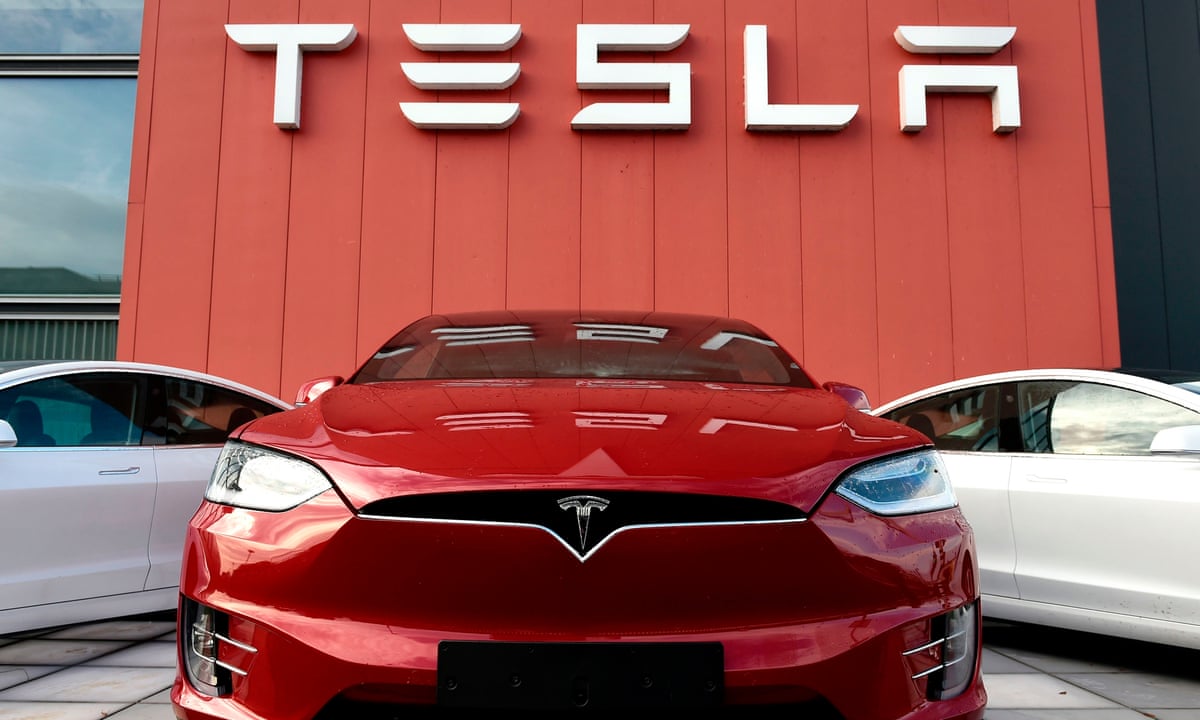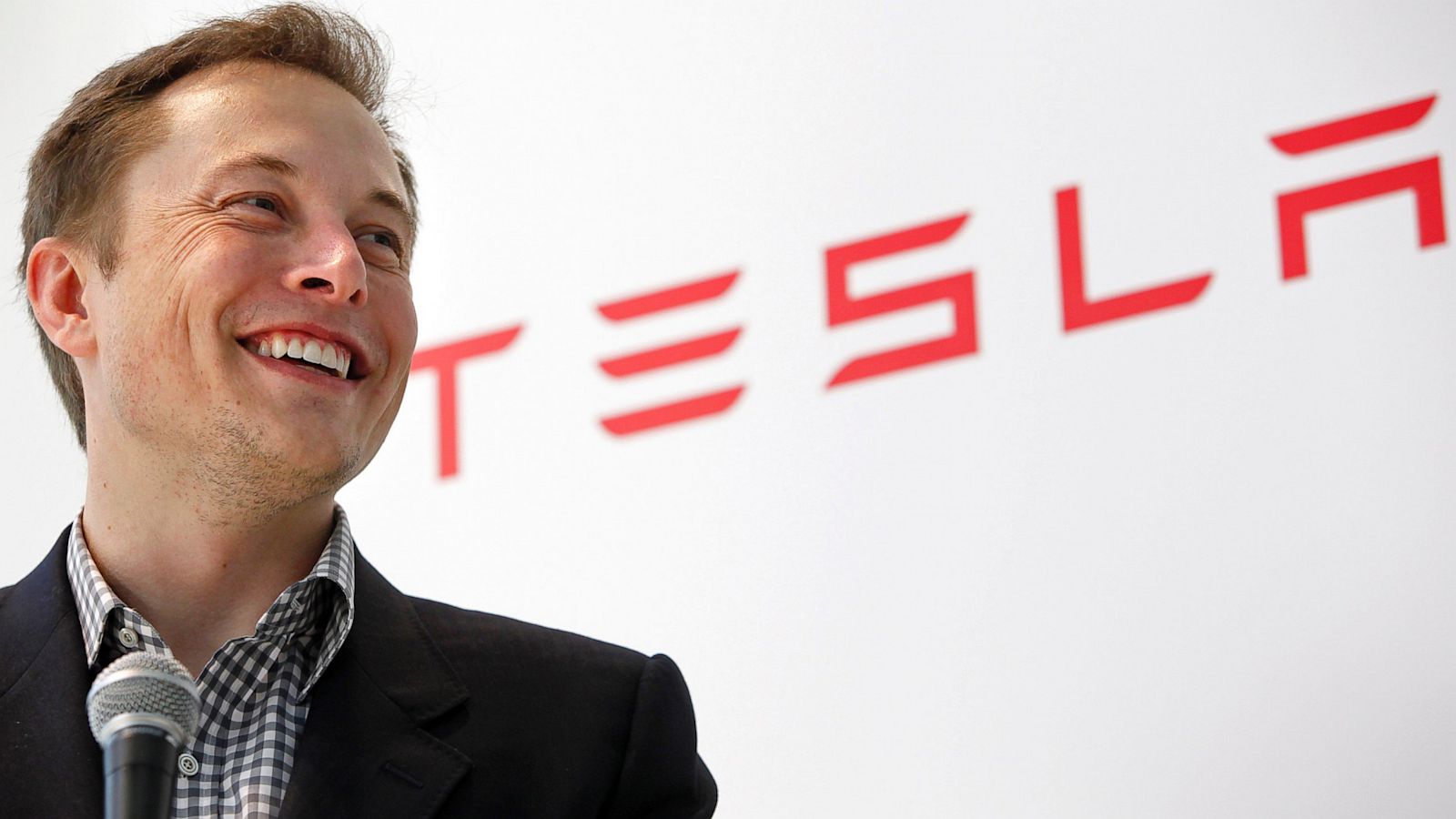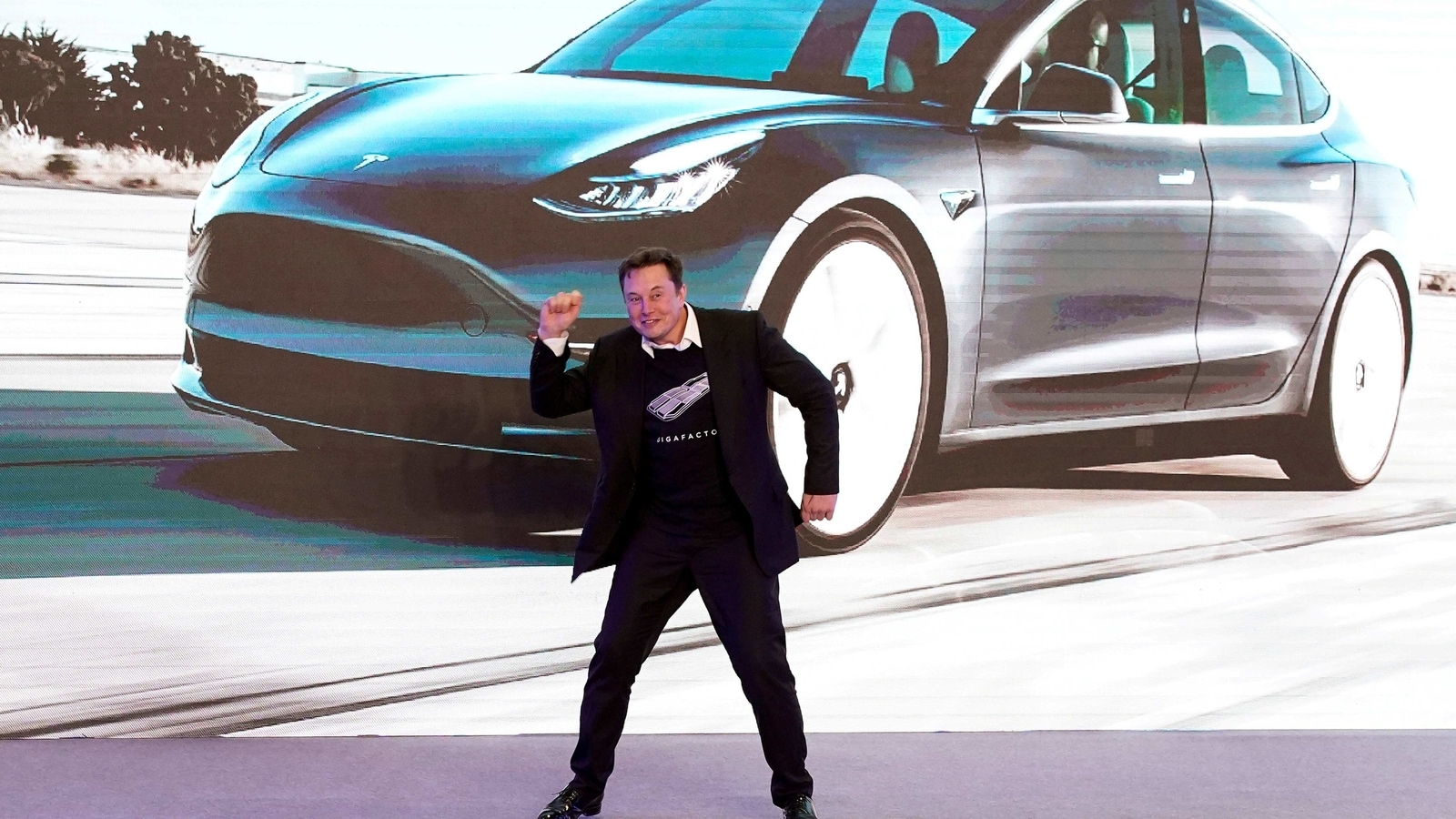Tesla’s Enormous Strategic Engagement with India’s EV Revolution: Seizing Golden Opportunities for Expansion : 2023
Tesla's Discussions Ignite India's Electric Vehicle Potential :Engagement in India's Electric Vehicle Revolution

Tesla Inc has engaged in conversations with Indian authorities regarding potential domestic incentives available for car and battery manufacturers. The discussions indicate the automaker’s renewed interest in exploring opportunities to enter the Indian market. Tesla‘s keenness to enter India aligns with its vision to expand its global presence and cater to the growing demand for electric vehicles in the country.

By engaging in productive talks with Indian officials, Tesla aims to understand the potential incentives and benefits that could be offered to both car and battery manufacturers, further facilitating its decision-making process. These discussions mark an important step for Tesla in assessing the feasibility and potential advantages of establishing a presence in India’s automotive sector.
According to recent reports, the renowned American electric car manufacturer has unveiled its plans to establish a manufacturing facility within India with the purpose of producing electric vehicles. This proposal, disclosed on Wednesday, demonstrates the company’s intention to expand its operations and cater to the growing demand for electric vehicles in the Indian market.
By setting up a factory in India, the company aims to contribute to the country’s efforts in reducing carbon emissions and promoting sustainable transportation solutions. This decision aligns with the global trend towards embracing electric mobility and signifies the company’s commitment to delivering innovative and eco-friendly transportation options to consumers worldwide.
There are ongoing discussions regarding the implementation of plans to locally manufacture electric vehicle (EV) batteries. The aim is to establish domestic production facilities for these batteries, which would contribute to the growth and sustainability of the EV industry.
This initiative emphasizes the importance of reducing dependence on imported batteries and promoting self-reliance in meeting the rising demand for EVs. By manufacturing EV batteries locally, there is an opportunity to enhance technological capabilities, create job opportunities, and stimulate economic growth in the region.

Tesla is currently in the process of familiarizing themselves with the local policies and regulations, as they continue to cautiously explore new opportunities. Their approach can be best described as an ongoing testing phase, where they are carefully navigating the waters to gain a comprehensive understanding of the environment in which they operate.
In recent months, significant attention has been devoted to the pursuit of reduced import tariffs on automobiles, which can reach exorbitant rates of up to 100%. Engagements between Tesla and the Indian government became ensnared in a stalemate, as each side held contrasting views.
India expressed a strong desire for Tesla to establish local production facilities, emphasizing the benefits of domestic manufacturing. However, Tesla contended that exporting vehicles initially would enable them to evaluate the market’s responsiveness and gauge the extent of demand.

This impasse underscored the divergent perspectives regarding the optimal strategy for entering the Indian market.
According to a reliable source, recent discussions have primarily revolved around the utilization of a government initiative by Tesla, with a minor focus on India’s tariffs on imported vehicles. The discussions have emphasized the potential benefits and opportunities for Tesla within the context of the government scheme.
In an effort to enhance the sales and production of electric vehicles (EVs), the government has allocated approximately $6 billion through a dedicated program. This initiative aims to stimulate the growth of EV manufacturing and adoption within the country.
As part of this scheme, automotive companies and battery manufacturers are eligible to receive specific cashback incentives for the sale and export of domestically manufactured vehicles and components.
By providing these financial incentives, the government intends to encourage the development of a robust EV ecosystem and contribute to a sustainable and greener transportation future.

Mohan Shukla expressed that Tesla seems to have arrived in India with a fresh perspective and strategy, aiming to capitalize on the opportunities the country presents. Shukla believes that Tesla’s decision to establish a manufacturing plant in India could provide them with leverage during negotiations, particularly in areas such as taxes.
By taking this initial step of setting up a plant, Tesla may be able to enhance their ability to engage in fruitful discussions and secure more favorable terms.
Beyond the borders of the United States, Tesla has established manufacturing facilities in various locations, showcasing its global presence. Notably, the company operates a sprawling plant in Shanghai, which stands as its largest factory across the globe.
Additionally, Tesla has also established a production facility in Brandenburg, Germany, further expanding its reach and influence in the international automotive industry. These strategic ventures exemplify Tesla’s commitment to establishing a strong manufacturing foothold beyond its home country, enabling the company to cater to a wider customer base while fostering technological innovation on a global scale.
India holds the distinction of being the third-largest automobile market globally. Under the leadership of Prime Minister Narendra Modi, the government has embarked on an ambitious mission: to witness electric vehicles (EVs) constituting 30% of India’s overall car sales by the year 2030.
This commendable objective stands in stark contrast to the current scenario where EVs merely represent around 1% of the total car sales in the country. With such a visionary goal, the Indian administration seeks to revolutionize the automotive industry and pave the way for a cleaner, greener, and sustainable future.
Published By Naveenika Chauhan





